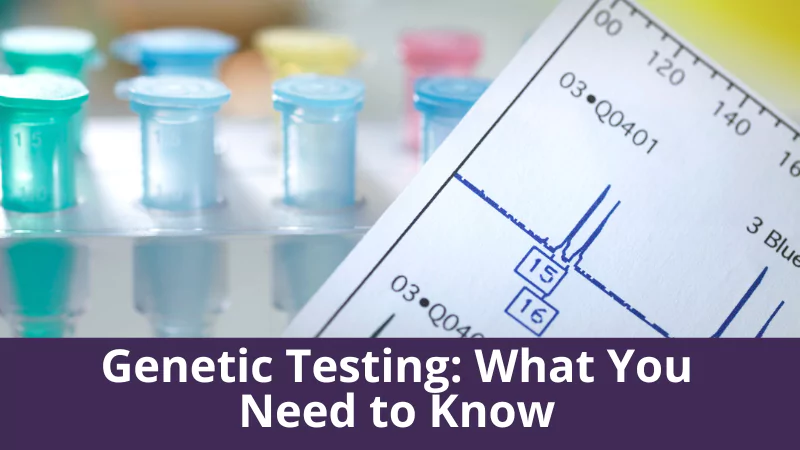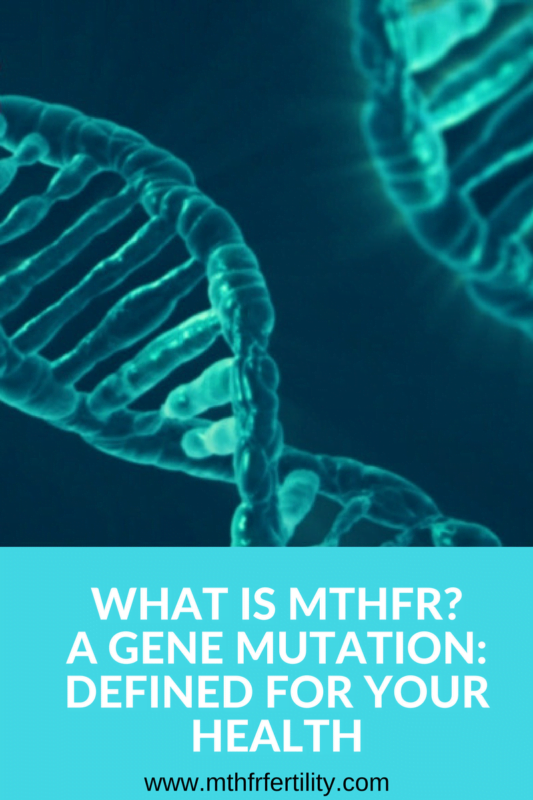What Is Cancer?
Cancer, also called malignancy, is an abnormal growth of cells. There are more than 100 types of cancer, including breast cancer, skin cancer, lung cancer, colon cancer, prostate cancer, and lymphoma. Symptoms vary depending on the type. Cancer treatment may include chemotherapy, radiation, and/or surgery.
Research
Leukemia:
Ojha and Gurney (2014) studied whether MTHFR C677T was associated with overall survival in childhood leukaemia. The current evidence suggests that individuals with at least one T allele in the C677T gene code may have a decreased risk for leukaemia survival, with the greatest evidence for MTHFR 677TT.
Liver Cancer:
Research conducted by Qi et al (2014) examined the influence of MTHFR polymorphisms on Hepatocellular Carcinoma (Liver Cancer) risk in a Chinese Population. Results showed that both the C677T and A1298C mutation were significantly associated with an increased susceptibility to liver cancer.
Colorectal Cancer:
Jang et al (2014) studied survival rates of Colorectal Cancer (CRC) in a Korean population in relation to 3 genetic polymorphisms, of which MTHFR mutations C677T and A1298C were included. The C677T mutation was the most common MTHFR genotype presentation by the patients in the study, showing predominance toward increased tumour size and advanced stages of cancer. These findings were not successful, as the C677T did not increase survival rates of patients.
This is potentially be due C677T having no impact on or decrease survival rates in CRC, as this mutation can increase the toxicity of anti-folate drugs commonly used in treatment. This would instead contribute to decreased survival rates, instead of aiding in overall survival.
Rai et al (2014) wished to discover the differences in MTHFR prevalence in normal and colon cancer tissue. Therefore, DNA isolated from tumour tissue was examined and compared with normal tissue of colon cancer patients. Results found the frequencies of MTHFR C677T and A1298C were significantly different between tumour and normal tissue in colon cancer patients. Overall, the A1298C mutation was found to be associated with colon cancer. The authors concluded that MTHFR variations may exists within difference tissues in order to maintain normal function, but then may have implications for susceptibility to disease.
Oesophageal & Gastric Cancer:
This study by Blank et al (2014) examined the role of MTHFR C677T & A1298C mutations and their effect on the treatment of gastric or oesophageal cancer. These mutations can impact upon cancer outcomes as certain chemotherapeutic drugs (e.g. 5-flourouracil) also directly impact the folate pathway, with mutations found here hence further influencing disease outcomes.
Therefore, patients with either oesophageal or gastric cancer undergoing chemotherapy were screened for the presence of either C677T & A1298C mutations to discover associations with prognosis of the disease and response to the chemotherapy.
Results showed only the A1298C mutation was found to impact negatively on patient prognosis, but it did not predict the response to chemotherapy. The AC genotype was a significant negative prognostic factor in patients with gastric cancer, where it was associated with worse outcomes. The MTHFR C677T was not said to play a role in either positively or negatively influencing either form of cancer & its prognosis.
Song et al (2013) examined the association between several cancer related genes with the prevalence of MTHFR in patients with gastric cancer. Hypermethylation of these cancer related genes was highly evident, which could therefore be used as predictive biomarkers in the detection of gastric cancer. Patients with MTHFR 677TT mutations were found to have hypermethylation of genes within cancer tissue.
Breast Cancer
Wu et al (2014) investigated whether genetic mutations of the SHMT, MS, MTRR and CBS genes can affect Homocysteine (Hcy) levels and are associated with breast cancer. Results showed those with elevated Hcy levels had a 4.45 increased risk of breast cancer when comparing breast cancer patients with healthy controls. Results suggested it is mutations of specific genes coding the SHMT, MS, MTRR and CBS enzymes may be factors that contribute to increased plasma levels of Hcy. Mutations of the SHMT, MS and MTRR genes were also found to be associated with breast cancer risk. The authors state plasma Hcy levels and hence these mutations involved in the methylation cycles could be metabolic risk factors for breast cancer risk.
African American (EA) women are more likely than European American (EA) women to be diagnosed with breast cancer at a young age and to develop tumours with a poor prognosis, with this racial difference largely unexplained. While nutrients involved in the methylation cycle have been linked with breast cancer, Gong et al (2014) studied these associations specifically in AA women to further under their disease development. Dietary intake of methylation related nutrients (including folate) were measured against overall breast cancer risk, menopausal states and oestrogen receptor status (OR) in AA and EA diagnosed with breast cancer. Results showed an inverse relationship between natural folate intake and breast cancer risk, something that may be modulated by race, menopausal status and OP status. An increased risk of breast cancer was found amongst EA women who took synthetic folic acid.









